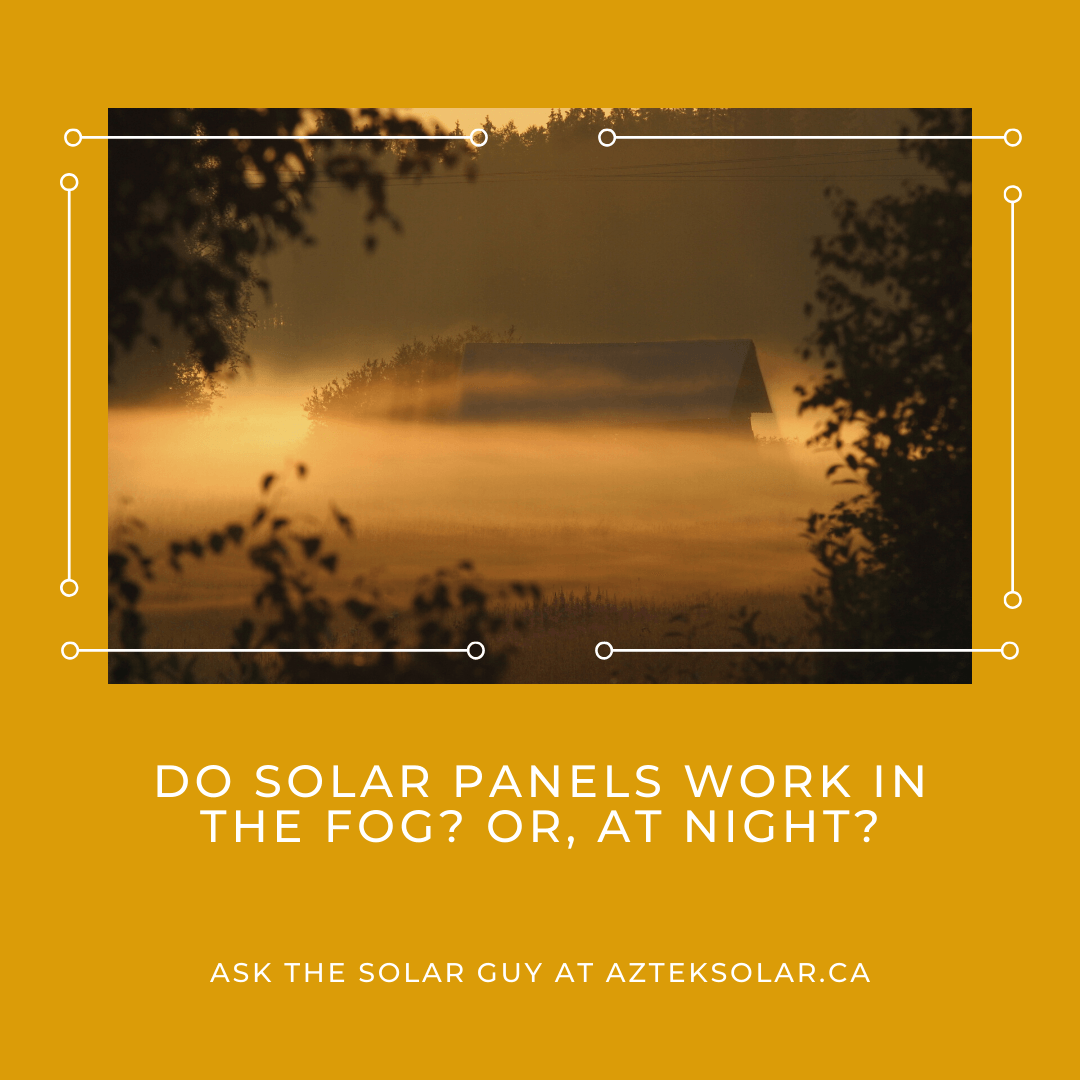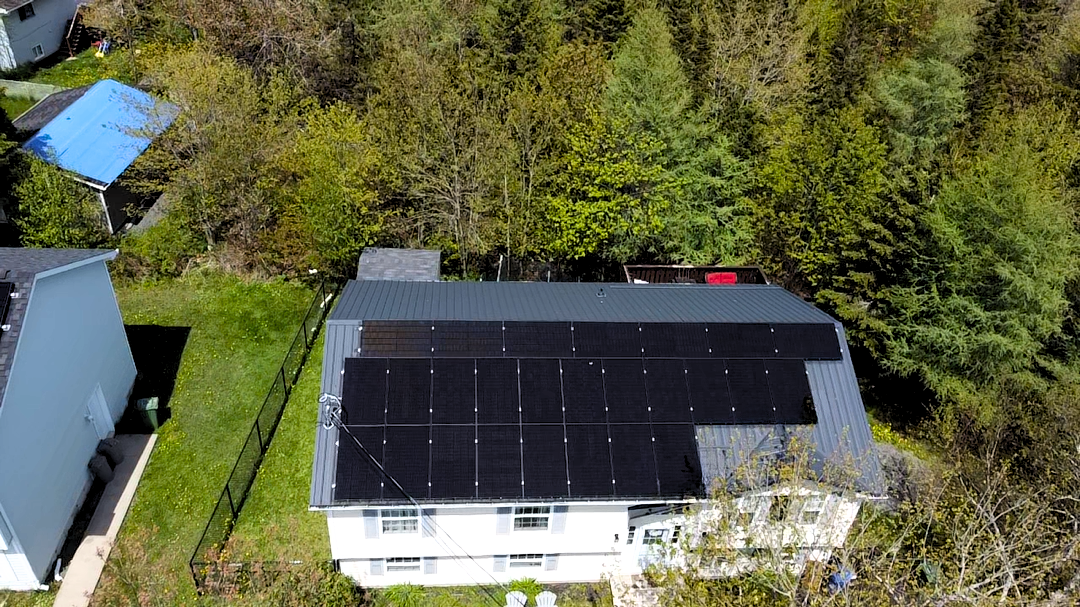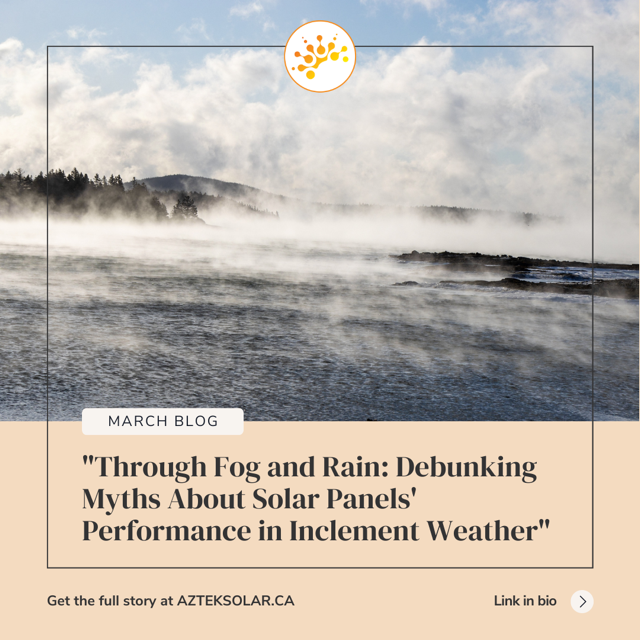First developed in the 1890s, the original solar cell was nowhere near as efficient or as effective as the solar panels used by municipalities, corporations, and individuals today. There is plenty of sun to go around and now is the time to harness its power. Solar panels allow you to harness the sun's clean, renewable energy, potentially cutting your electric bills as well as your environmental footprint.
Modern solar panels have become a successful form of renewable energy — but considering the fact that the sun isn't always out, you may be wondering how solar panels work at night or in the fog.
Do Solar Panels Work at Night?
Technically, solar panels do not produce energy at night. Solar panels become inactive at night, going into a sort of sleep mode that stops them from producing any electricity. The reason for this is simple: Solar panels work because of a scientific principle called the photovoltaic effect, wherein solar cells are activated by sunlight, generating electrical current. Without light, the photovoltaic effect cannot be triggered, and no electric power can be generated.
But that’s not the bottom line.
Just because they don’t produce any additional power, that does not mean that your home will be without power until sunrise.
During hours of peak sunlight, your solar panels may actually generate more power than you need. This surplus power can be used to provide extra electricity on cloudy days or at night.
But how do you store this energy for future use? There are a couple of options to consider:
- Store surplus energy in a solar battery: When you add a solar battery to your residential solar installation, any excess electricity can be collected and used during hours of suboptimal sun exposure, including nighttime hours and during exceptionally cloudy weather.
- Net metering program: Net metering programs enable you to transmit any excess power your system produces into your municipal electric grid, receiving credits from your utility company. Those credits can be cashed in to offset any electrical costs you incur on overcast days or at night when you cannot power your home with solar energy alone.
Do Solar Panels Work during Foggy Weather?
When you wake up in the morning and see thick fog covering your neighborhood you might wonder if your solar will be generating energy that day. The good news is, even with foggy weather your solar system will still be collecting power. How is this possible? The answer is Ultra Violet light is all that’s needed. Your solar panels work fine in ambient light and will produce significant energy in the fog or on overcast days. The solar electric system’s power output is relative to the “depth” of the cloud cover and how much light gets in, but typical coastal fog only reduces solar power output by 50%. Winter storm clouds will cause substantially greater reduction but the system will still produce energy.
Additionally, fog typically burns off throughout the morning; although your system will not be working at full capacity in the early morning hours, by mid-afternoon (assuming this is a clear day) the solar panels will be able to fully harness the sun’s rays.
The sun is our most abundant sustainable resource. While solar panels may not work at night, but they can work up to 50% of their output during foggy conditions and as the technology and overall abilities of solar panels improve, consumers will see a greater capacity for panels to work in adverse conditions.
Thanks for reading!
Brian McKay
aka The Solar Guy





